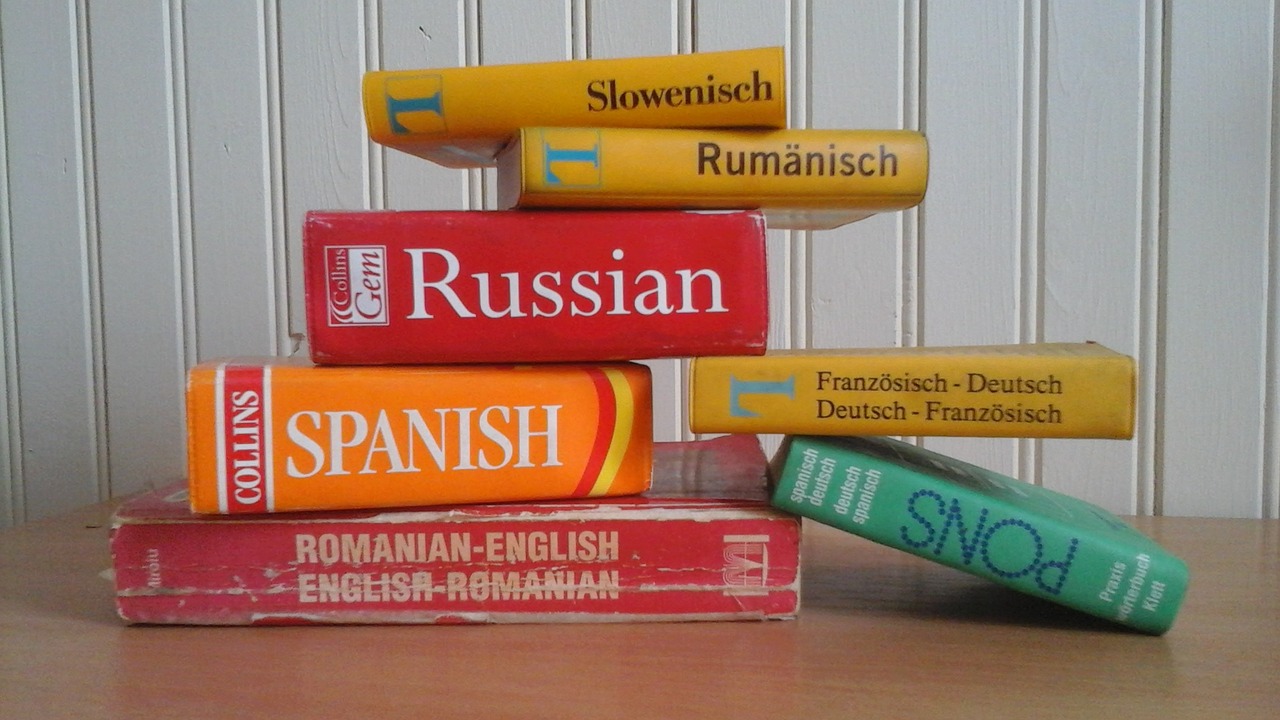
- Better Society -
- 3mins -
- 319 views
Why speaking a second language is awesome: the benefits of a bilingual brain
Learning a second language has hidden neurological benefits for the brains of both young and old alike and it’s never too early or late to learn.
The Big-Time Brain Benefits of Learning a Second Language
Aside from the obvious reasons to learn a second language, such as career advancement, to enhance traveling, or to expand your cultural horizons, there are other amazing hidden bonuses that may not be so obvious; learning another language can benefit cognitive abilities like intelligence and memory while lowering the risk of brain aging, dementia, and Alzheimer’s disease.
The benefits of learning another language for young brains
Understanding language is one of the hardest things your brain does, making it the ultimate brain workout, so learning a second language is one of the most effective and practical ways to increase intelligence, keep your mind sharp, and protect your brain against aging.
Children easily learn additional languages due to their heightened neuroplasticity, and kids who are multilingual experience brain benefits surprisingly early.
Second language studies help students, regardless of race, gender, or academic level, do better in other areas of study across the board including improved reading skills, social studies, and mathematics.
Foreign language study can act as an equaliser in the classroom with minorities and children from economically disadvantaged backgrounds making the most gains.
A US National Education Association report labeled the resulting benefits to self-image, self-esteem, and satisfaction as “enormous.”
Students able to speak a second language have better listening skills, sharper memories, are more creative, are better at solving complex problems, and exhibit greater cognitive flexibility.
From elementary school to college, students of foreign languages scored higher on standardised tests, and Scholastic Aptitude Test (SAT) results showed that students who had studied another language for four or more years did better on both the verbal and mathematics portions of the test.
It’s never too early to expose children to a second language, and being bilingual can actually help your adult brain by protecting it against aging.
Source: BeBrainFit.com

If knowing two languages is good for your brain, is knowing more languages even better? The answer seems to be “yes.” Research shows that the more languages you know, the less likely you are to experience memory loss and cognitive decline. Source: Pixabay/Tessakay
The benefits of language learning on the adult brain
Compared to people that speak one language, adults who speak multiple languages are more likely to:
- have higher general intelligence
- have superior overall cognitive abilities
- be better at planning, prioritising, and decision-making
- score higher on standardised maths, reading, and vocabulary tests
- be more perceptive of their surroundings
- avoid falling for marketing hype
- understand others’ points of view
- have better focus, concentration, and attention
- delay immediate gratification in the pursuit of long-term goals
- have better memory and memorisation skills
- exhibit mental flexibility
- be better at prioritising tasks and working on multiple projects at one time
- be better at remembering lists, names, and directions
- have a better understanding of their native language
- be more creative
- have good listening skills
- make more rational decisions including better financial decisions
(BeBrainFit.com lists these potential benefits of language learning in an in-depth article on their website, where links to all claims/sources can be found)
Brains scans found a noticeable difference in the brain activity of bilingual seniors, and their brains worked much more efficiently, more like those of young adults.
There appears no correlation between the benefits of speaking two languages and literacy. Bilinguals who cannot read and write experience the same protective benefits against dementia as literate bilinguals.
So if knowing two languages is good for your brain, is knowing more languages even better? The answer seems to be “Yes!”
Research shows that the more languages you know, the less likely you are to experience memory loss and cognitive decline.
If you don’t already know a second language, it’s never too late to learn.
Whether you learn a new language as a child or later in adulthood doesn’t seem to matter when it comes to staying mentally sharp for life.
Learning a foreign language increases the size of the brain’s language centres and the hippocampus, the area of the brain responsible for forming, storing, and retrieving memories. (Source)
It also increases the density of grey matter and improves blood flow to the brain. (Source)
Learning a new language can make you a happier, smarter, and more resilient adult, and it is one of the best things you can do to improve your overall brain fitness and quality of life

